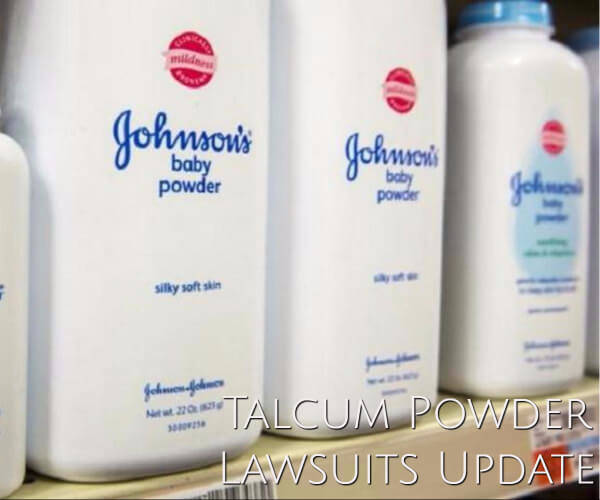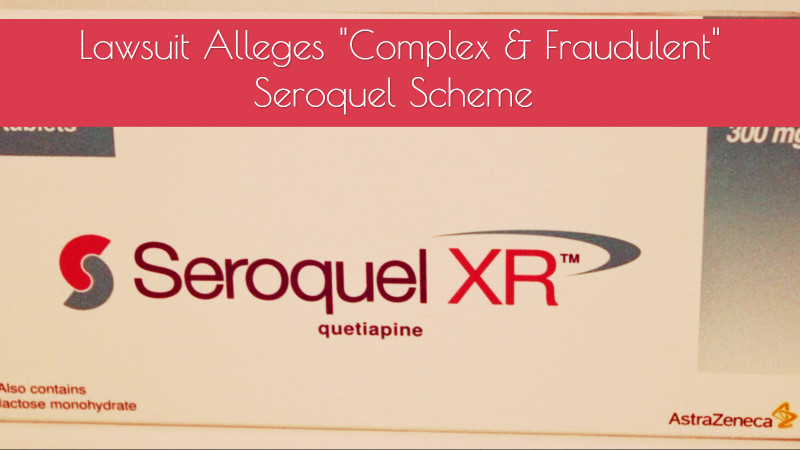
Talcum Powder Litigation Award Set In California
Talcum powder litigation reached a new high point yesterday when a California jury awarded a plaintiff a $417 million award in a suit connecting talcum to ovarian cancer. The court ordered Johnson & Johnson to pay the record sum to Eva Escheverria, a 63 year old medical receptionist, who had used Johnson’s Baby Powder on her perineum for more than 40 years.
There are now thousands of talcum powder litigation cases, and this case is the latest of only a handful that have already gone to court. The previous record award was $110 million award that a Missouri court ordered Johnson & Johnson to pay to a 62 year old Virginia woman in May. Missouri was also the venue of three other cases, and courts in that state have ordered Johnson & Johnson to pay out a total of $300 million.
The California lawsuit cited a 1982 study indicating that women using Johnson’s Baby Powder on their genitals were 92 percent more likely to contract ovarian cancer than those who did not. Many scientists believe that talcum powder crystals can move up the genitourinary tract, setting off inflammation which could led ovarian cancer. Particles of talc have been found in cervical and ovarian tumors. The plaintiffs contended that Johnson & Johnson failed to warn of known risks.
Talcum Powder Litigation: Links To Ovarian Cancer
Direct, causal links between talcum powder and ovarian cancer are not universally acknowledged. The National Cancer Institute released a report in April that, “The weight of evidence does not support an association between perineal talc exposure and an increased risk of ovarian cancer.” Yet that report was more ambivalent in places.
The FDA has not moved to require manufacturers to add warnings to talcum powder packages much less moved to remove the product from the marketplace. The Agency has urged manufacturers to take care in mining talcum powder which is often located in close proximity to asbestos, a well known carcinogen. However, the FDA did not find asbestos to be present in any cosmetics that it sampled in an extensive study.
For more coverage of talcum powder litigation, please click here.

